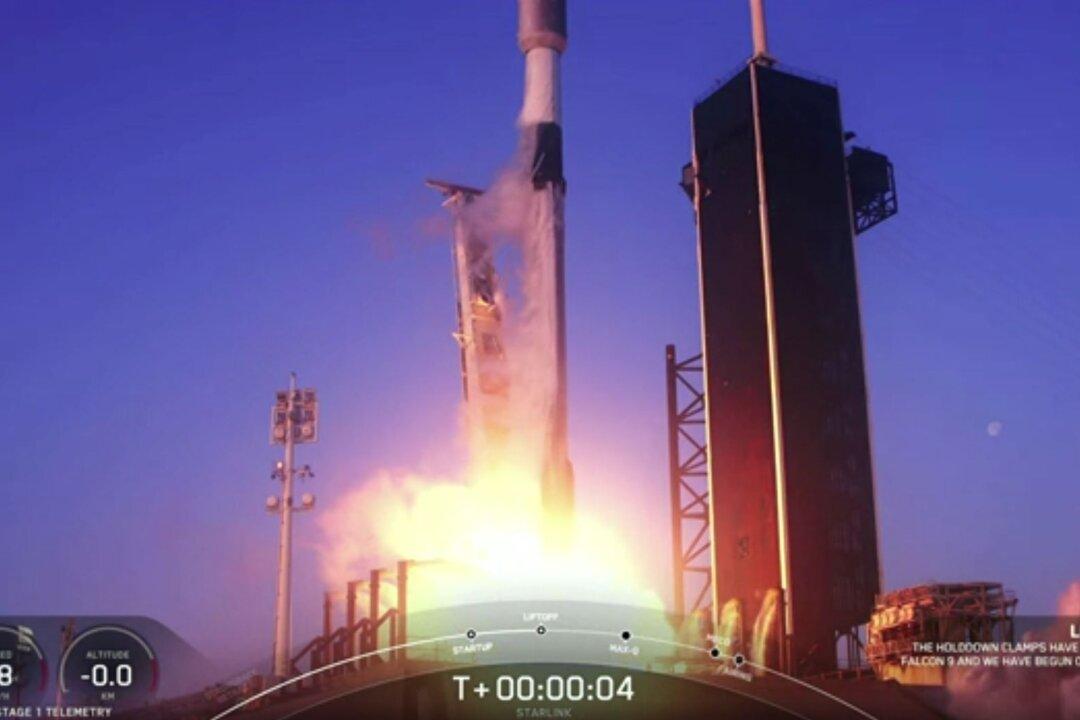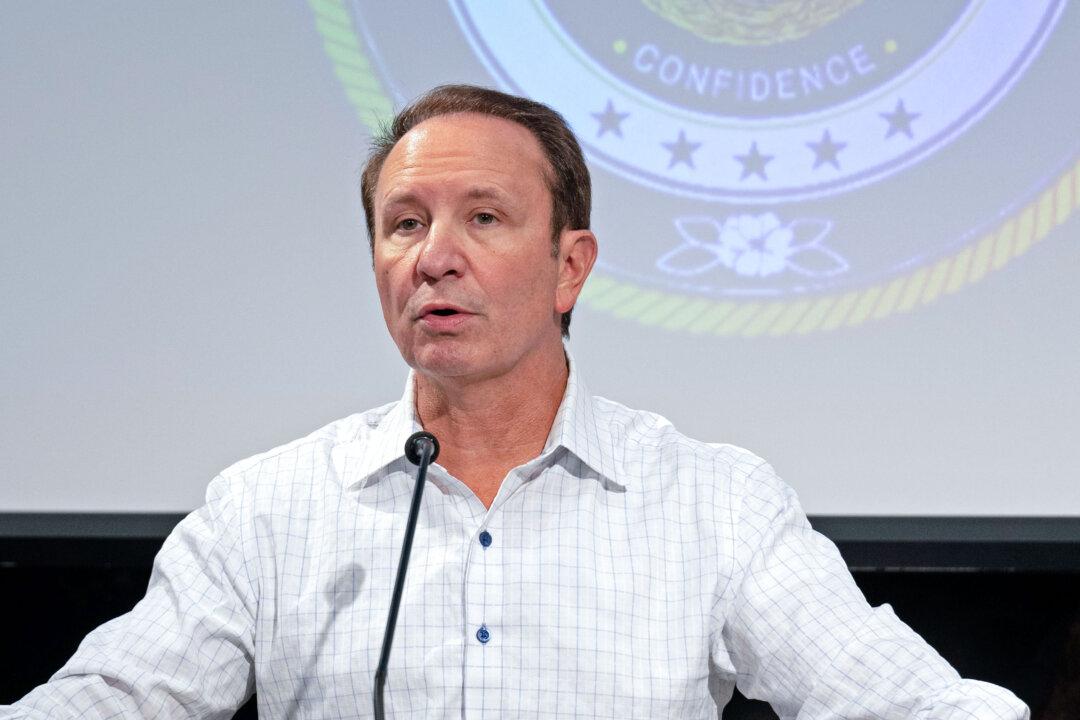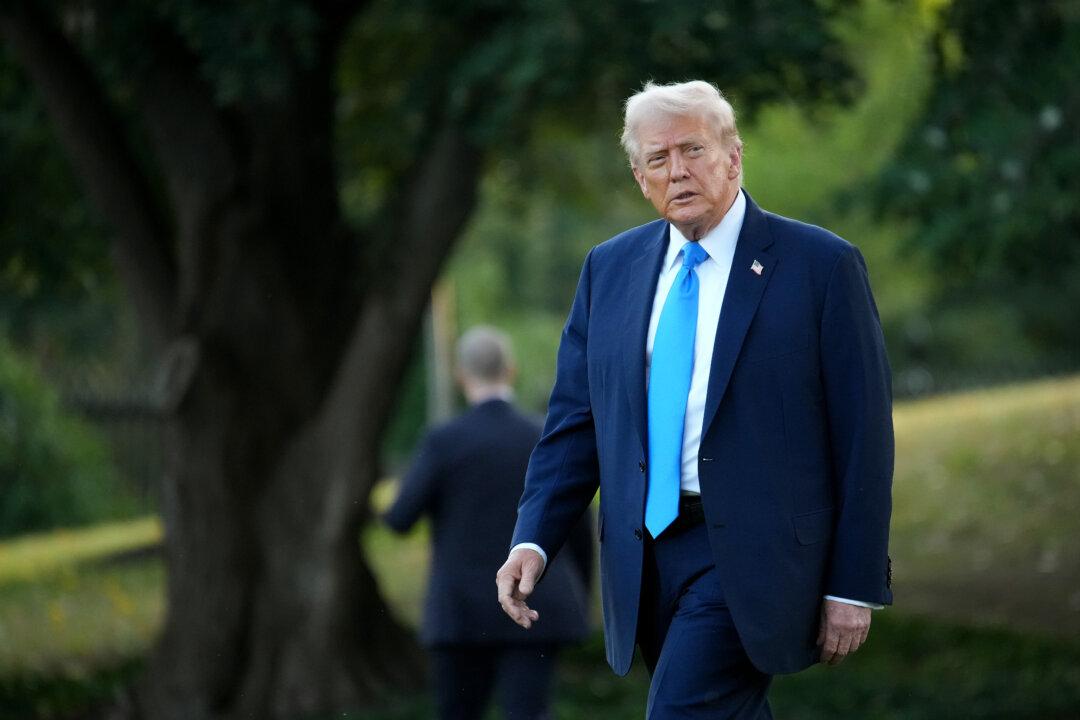As Americans try out the newest Starlink dishes on their recreational vehicles, a space expert says Elon Musk’s Starlink makes the Chinese Communist Party (CCP) “nervous,” as the SpaceX satellite internet business is the “only” player in the field now when it comes to the United States’ strategic space race with China.
“It is important to understand that Elon Musk’s SpaceX company is the only thing keeping the U.S. in the space race with China,” Brandon Weichert, space expert and author of “Winning Space: How America Remains a Superpower,” told The Epoch Times in an interview in late May.





